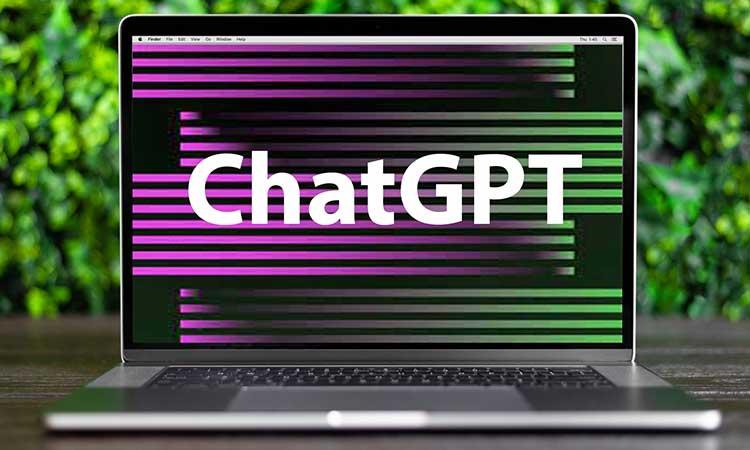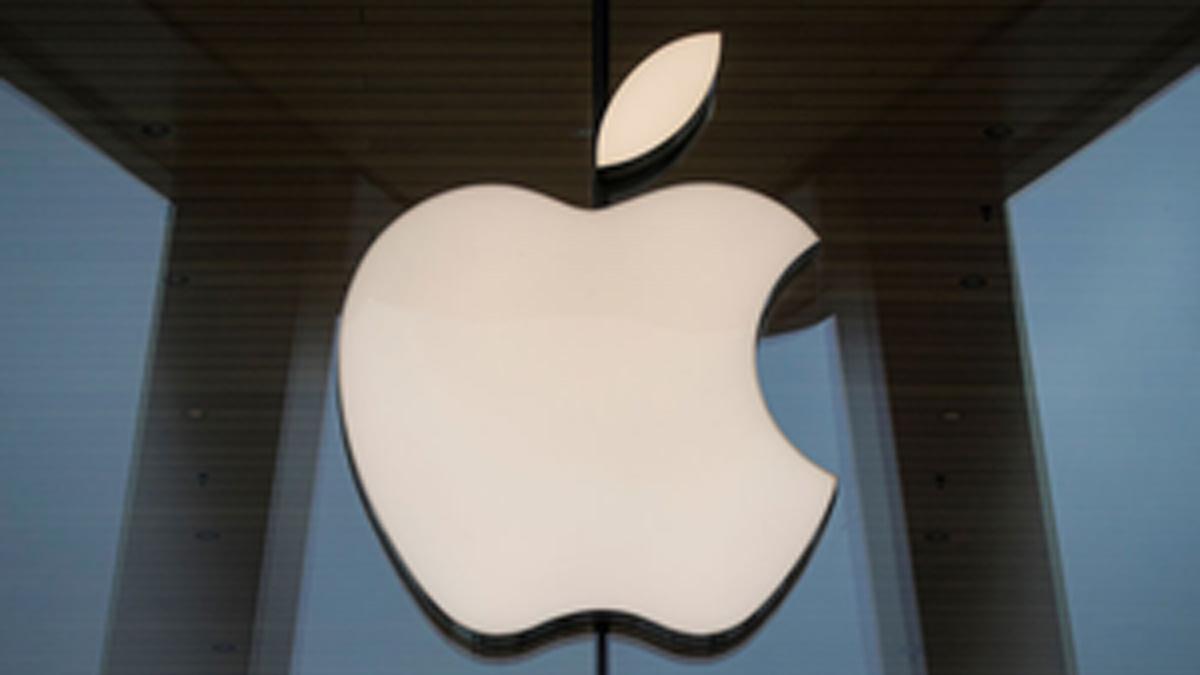Over half (51 per cent) of IT decision-makers predict that in less than a year, there will be a successful cyberattack being credited to ChatGPT, as per a new report.
According to a BlackBerry report, nearly 71 per cent believe that foreign states are likely to already be using the technology for malicious purposes against other nations.
The report also mentioned that there are different views around the world on how that threat might manifest - nearly 53 per cent believe that the top global concern is that ChatGPT's ability will help hackers craft more believable and legitimate-sounding phishing emails.
About 49 per cent believe that it will enable less experienced hackers to improve their technical knowledge and develop more specialised skills and use for spreading misinformation.
Also read | Microsoft's new Bing powered by ChatGPT-4 AI may encourage natural language
"ChatGPT will increase its influence in the cyber industry over time," says Shishir Singh, Chief Technology Officer, Cybersecurity at BlackBerry.
"There are a lot of benefits to be gained from this kind of advanced technology and we're only beginning to scratch the surface, but we also can't ignore the ramifications. As the maturity of the platform and the hackers' experience of putting it to use progresses, it will get more and more difficult to defend without also using AI in defence to level the playing field," he added.
The report also revealed that the majority (82 per cent) of IT decision-makers plan to invest in AI-driven cybersecurity in the next two years, and almost half (48 per cent) plan to invest before the end of 2023.
This reflects the growing concern that signature-based protection solutions are no longer effective in providing cyber protection against an increasingly sophisticated threat, said the report.
Also read | OpenAI launches ChatGPT Plus for $20 a month with more features
"It's been well documented that people with malicious intent are testing the waters but, over the course of this year, we expect to see hackers get a much better handle on how to use ChatGPT successfully for nefarious purposes; whether as a tool to write better Mutable malware or as an enabler to bolster their skill set," Singh said.


















